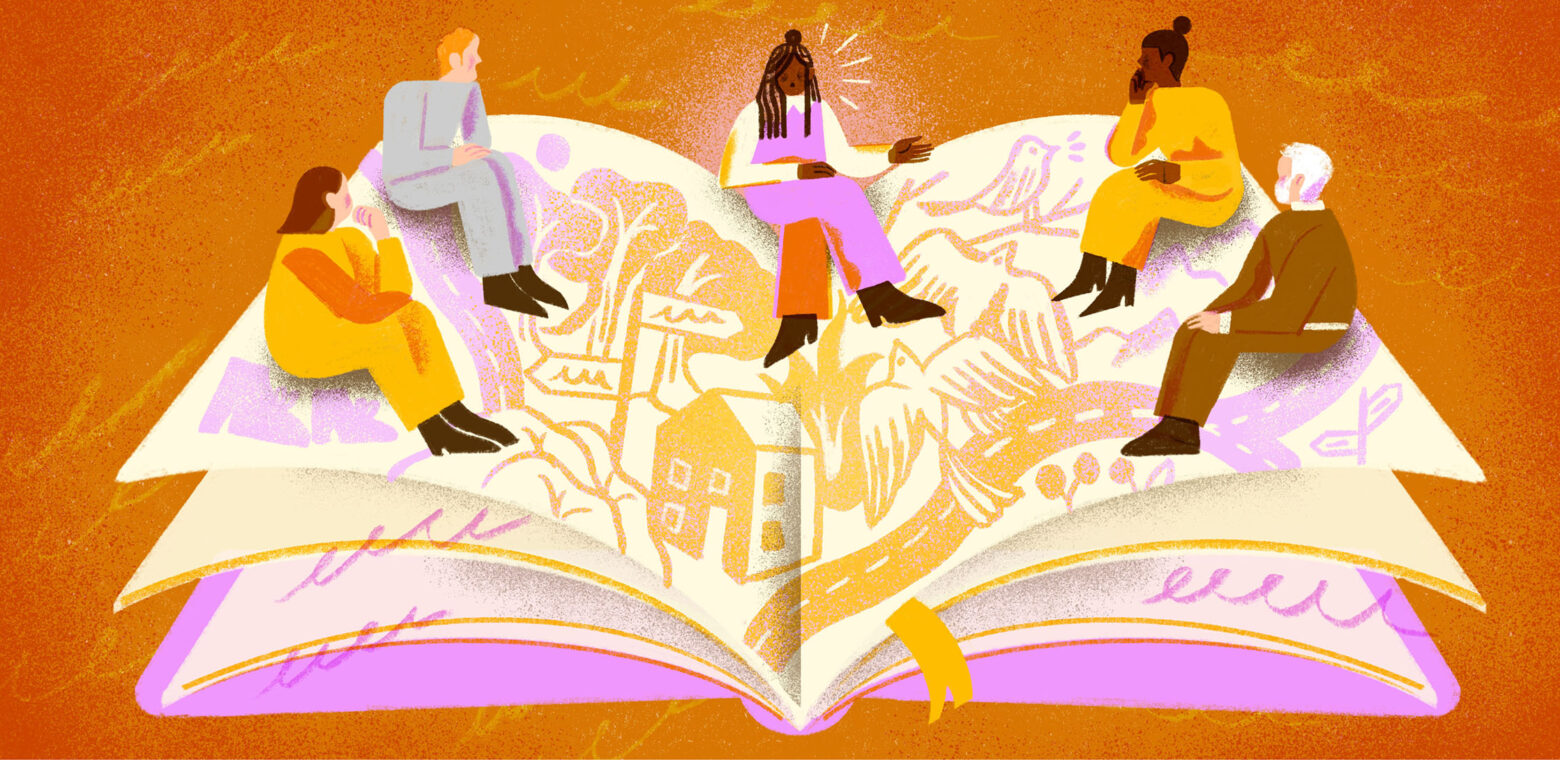Working in a public library, I’ve always believed in creating a welcoming and inclusive space for everyone. Libraries are often one of the few places where unhoused community members can find shelter, resources, and a sense of belonging, but what happens when a patron’s behavior crosses the line—making staff feel uncomfortable or unsafe?
When Patron Behavior Crosses the Line
At my library yesterday, an unhoused man spent a few hours approaching several of the female staff—asking for their names, phone numbers, and even asking them out on dates. Each time he would ask, they would say NO. His comments became increasingly inappropriate, veering into remarks about their bodies and expressing his desire to "get with them." Even the male staff members felt extremely uncomfortable as the unhoused man approached them and made harassing comments to them about their coworkers.
At first, the staff tried to brush it off, but as the encounters continued, it became clear that his behavior was out of line. Many staff members were visibly uncomfortable, unsure of how to respond, but they still continued to say NO.
Taking Action Without Escalation
When dealing with difficult situations like this, my goal is always to find a solution that protects the staff while also avoiding unnecessary escalation—especially when police intervention could cause further harm to someone already struggling. It was not our intention to harm the man, only to have him stop making harassing comments.
Instead of immediately calling law enforcement, I thought we'd try to calmly but firmly let the man know that his behavior was unacceptable and ask him to leave for the day.
The message was clear:
👉 It is NOT appropriate to make comments about staff members’ bodies
👉 It is NOT OK to persist when someone says no
👉 The bottom line is - No means No
At first, the man brushed it off saying, “I’m just a friendly person,” We held firm and reiterated that his behavior was not OK and he had made staff feel uncomfortable. Eventually, he left the library upon our request.
The Balance Between Compassion and Boundaries
This situation wasn’t easy. Libraries are meant to be safe spaces for both patrons and staff, but we cannot prioritize being "welcoming" at the expense of safety.
📌 Staff should never feel intimidated or unsafe at work.
📌 Patrons should know that inappropriate behavior is not OK.
At the same time, I also recognize the challenges of addressing these issues when they involve vulnerable patrons. Many unhoused individuals lack access to mental health care, social services, and community support. This doesn’t excuse inappropriate behavior—but it does help us approach these moments with humanity and care.
Lessons for Library Staff: How to Handle Similar Situations
If you find yourself facing a similar situation in your library, here are some key takeaways:
✅ Trust Your Instincts & Speak Up
If a patron is making you uncomfortable, you do not have to “just deal with it.” Your safety and well-being matter.
✅ Use Direct, Clear Language
Phrases like “That is not appropriate” or “I need you to stop” send a firm message without inviting debate.
✅ Have a Plan for Escalation
Decide in advance how your library will handle boundary violations. Options may include:
- A verbal warning
- A short-term removal from the library
- A formal ban if behavior continues
- Involving security or law enforcement only when absolutely necessary
✅ Support Each Other
Library work is tough. Let your coworkers know they have your support. Check in with coworkers after a difficult patron interaction and make sure they feel supported.
✅ You Can Be Compassionate AND Have Boundaries
It’s possible to care about serving all patrons while still enforcing rules that keep everyone safe. Boundaries are not unkind—they allow libraries to function as the safe spaces they’re meant to be.
Final Thoughts
This situation was a reminder that boundaries are necessary—not just for protecting staff, but for ensuring that everyone in the library understands what respectful behavior looks like.
Libraries are essential community spaces, but that doesn’t mean anything goes. We have a responsibility to uphold a culture of safety, respect, and inclusion—for patrons and staff alike.
Have you ever encountered a situation like this in your library? How did you handle it? Let’s start a conversation about creating safer and more supportive library spaces. 💙📚
all my best,
the Compassionate Librarian






